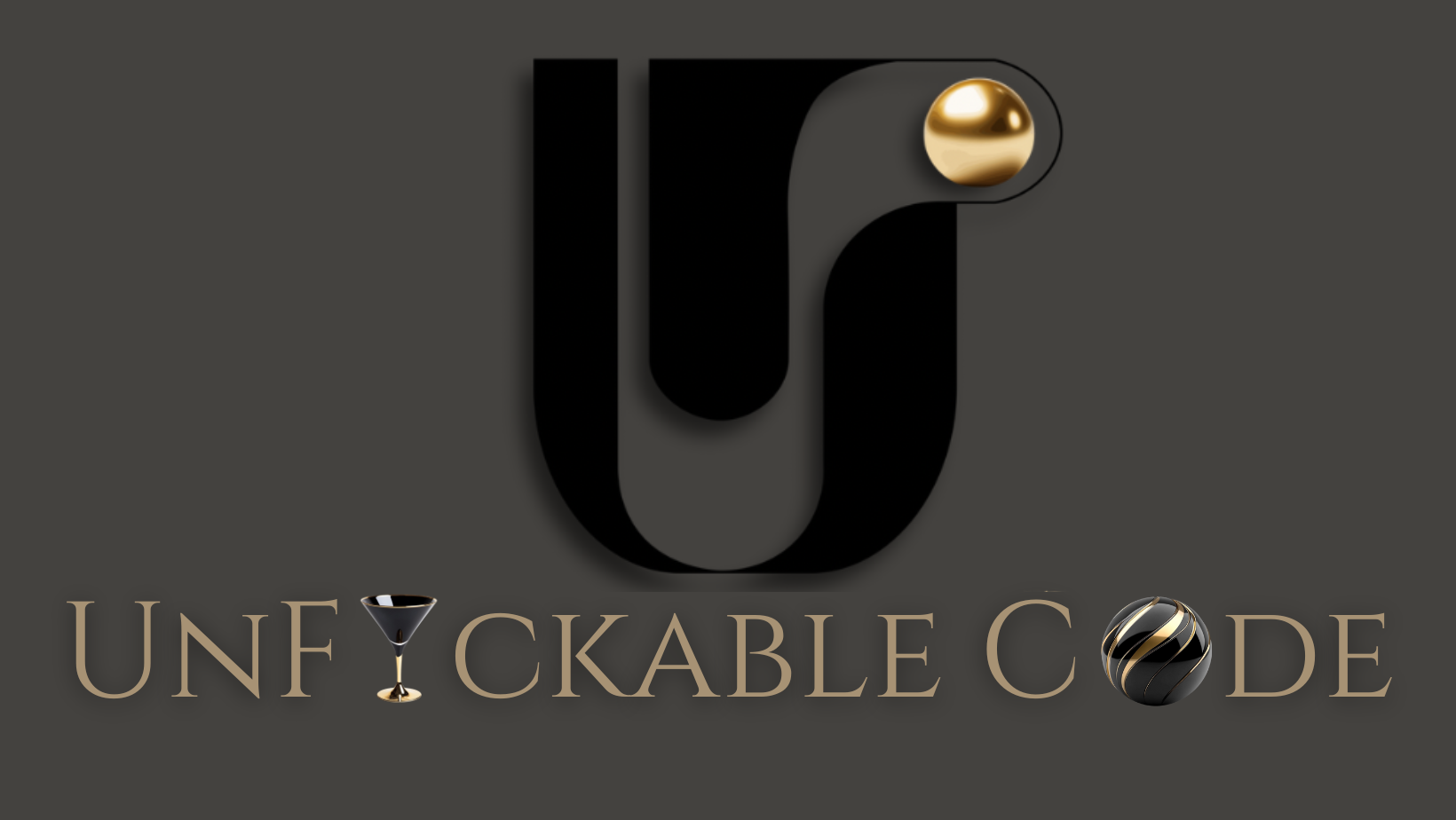A Virtual Personal Assistant (VPA) business provides remote administrative, technical, or creative assistance to busy professionals, entrepreneurs, and small businesses. Services can range from scheduling and email management to customer service, social media management, research, and even project coordination.
As a VPA, you can work independently or build a team to handle multiple clients. The flexibility of the business allows for specialization, such as executive assistance, real estate support, or e-commerce store management.
Target Audience:
- Entrepreneurs & Startups – Need help with administrative tasks so they can focus on growth.
- Small Business Owners – Require assistance but may not need a full-time employee.
- Busy Professionals – Executives, coaches, and consultants who need time-saving support.
- E-commerce Stores – Need help with customer service, order processing, and inventory updates.
- Real Estate Agents – Need assistance with scheduling, follow-ups, and document management.
- Online Coaches & Content Creators – Need social media scheduling, email management, and tech support.
How Much You Can Make
- Freelance VPA:
- Beginner: $15–$25 per hour
- Experienced: $30–$50 per hour
- Specialized (e.g., bookkeeping, executive assistance): $50–$100 per hour
- Agency Model (Scaling Up)
- Hire and train other VAs to serve multiple clients
- Charge clients $40–$80 per hour while paying VAs $15–$30 per hour
- Monthly Retainer Model
- Charge $500–$2,500+ per client for monthly service packages
- Potential Annual Income:
- Solo VA: $30K–$80K
- Small Agency (with 3–5 VAs): $100K–$250K
- Large VA Agency: $500K+
Growth Potential
- Short-Term: Start with a few clients, build a reputation, and specialize in high-demand services.
- Mid-Term: Scale by subcontracting or forming a team.
- Long-Term: Develop a full-scale virtual assistant agency or build a subscription-based service.
Future Opportunities:
- Offer AI-powered automation to clients.
- Provide high-end executive VA services with strategic support.
- Create digital products (courses, templates, training programs).
Best Apps & Tools for Running the Business For Productivity & Task Management:
- ClickUp / Asana / Trello – Organize tasks and projects.
- Google Workspace / Microsoft 365 – Handle emails, documents, and calendar management.
For Communication:
- Zoom / Google Meet – Virtual meetings with clients.
- Slack / WhatsApp Business – Quick communication with clients and teams.
For Payments & Contracts:
- Stripe / PayPal – Easy invoicing and payments.
- HelloSign / DocuSign – Send contracts electronically.
For Social Media & Marketing Support:
- Canva – Create social media graphics.
- Hootsuite / Buffer – Schedule and manage social media posts.
For Time Tracking & Billing:
- Toggl / Clockify – Track hours for hourly clients.
- Wave / QuickBooks – Manage invoices and finances.
For CRM & Client Management:
- HoneyBook / Dubsado – Manage leads, invoices, and contracts.
How Much Does It Take to Get Started?
1. Initial Investment (Solo VA Business):
- Website & Domain: $100–$300 (Can use GoDaddy for domain & WordPress/Shopify for the site)
- Business Registration & Legal Setup: $50–$500 (varies by state/country)
- Software & Tools: $50–$150/month
- Marketing (ads, networking, website SEO): $100–$500
- Branding (logo, social media presence): $50–$300
Total Estimated Cost: $300–$1,500
2. Initial Investment (Scaling into an Agency):
- Hiring VAs: $2,000–$5,000+ (for initial salaries & training)
- Advanced CRM & Automation Tools: $100–$500/month
- Legal Setup for an LLC or Corporation: $500–$1,000
Total Estimated Cost: $3,000–$7,000+
Final Thoughts
Starting a Virtual Personal Assistant business is low-cost, flexible, and scalable. You can begin as a solo VA, then grow into an agency, specializing in high-demand services.
If you’re looking for a side hustle or a full-time online business, this is a profitable and sustainable option—especially with the rise of remote work.

